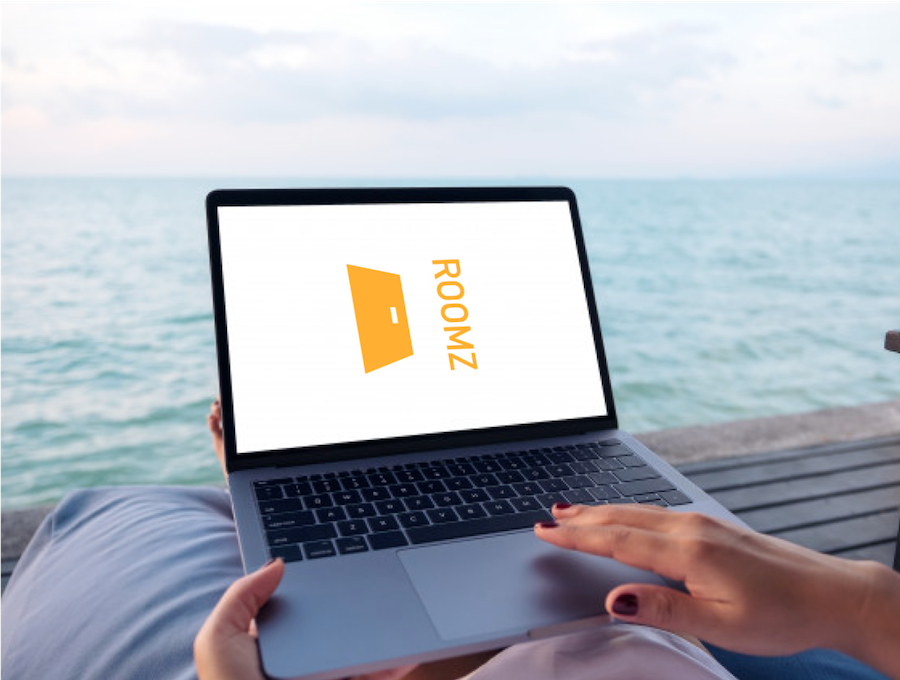Why Malaysia is Best for Digital Nomads?
No doubt, Malaysia has a rank at the top for most digital nomads for a number of reasons. Think of all the modern coffee shops and cafes, lavish malls, nice restaurants and of course, the very affordable living and accommodations through short term lease or short term rental.
Below is a list of some of the reasons why digital nomads should make Malaysia as their temporary home:
Low living cost with many options
If you compare it with other places in the world, setting up a base in Malaysia is generally easy. Finding an apartment or perhaps a room for rent that fits your budget will just be a breeze. Property dealers tend to be more honest; Malaysian has become more tech-savvy, so, you will see many deals online in a number of property rental platforms. One of the top choice for relocation is Kuala Lumpur (KL), the capital city of Malaysia.
When you need a room for a short-term lease of about 1 or 2 months in KL’s city centre – a good option where you can filter all the listings is our very own, Roomz.Asia. There’s certainly one that would fit your specifications and budget. Another option is to look at Mingle in Chinatown, KL. They’re offering affordable rooms for short term rental plus provide unique social events that you may prefer to have with like-minded people like you. So for the more adventurous ones, here’s the best place where you can stay. Have a unique, different kind of experience at Mingle so you may want to check this out.
Living cost in Malaysia is quite low that a reasonable lifestyle can be maintained for $1,000 or less. This is in the capital city of Kuala Lumpur and even as you move away from it and go to the outskirts like Penang and Langkawi, it even goes lower.
For Kuala Lumpur, you can have a budget-friendly lifestyle if you only search for the right accommodation. The city has some of the cheapest to live as a digital nomad, surrounded by modern conveniences.
Wide English-speaking environment
Living in a country with a population that speaks a different language can be pretty stressful but relax; you need not worry about miscommunication or language barrier if you’re in Malaysia. Note that a significant part of the population speaks English fluently or perhaps, close to it. The best thing is that you will be able to get around easily with English if you visit or live here. If you decide to relocate in the country, especially in Kuala Lumpur – you will not have a hard time simply because of the use of English as a language. KL is an English-speaking environment so integrating in the Malaysian society is nothing to worry about. Wherever else you may find yourself in the country, you can always meet a Malaysian who can converse in English. This is so convenient for you, right?
Easy visa application

MTEP.my
There are several types of visa for those who wish to visit Malaysia. The requirements are basic and straightforward and all you need is to comply to be able to have your visa approved. Each type of visa has a set of documents needed and once approved, the number of days it is valid to use. For the digital nomads, there is the most recent Digital Freelancer Initiative Visa, which is good for 12 months, especially for those in the tech industry. Of course, if you’re not yet 100% sure to stay permanently in KL, for instance, you may want to try to obtain a tourist visa first and then apply for a longer stay if you’re bent on making it as your work base.
Fast & stable internet
For a digital nomad, having a fast and stable Internet connection is very important for doing those Skype chats or working and editing their videos. Technology has changed much so the old view that there is a slow Wi-Fi service in Malaysia does not hold true anymore. There is the Unifi package under Telekom Malaysia where the cheapest plan can allow for 10 devices at reasonable speed all at the same time. The same is true for most business establishments like cafes and restaurants. Lately, mobile Internet packages have also been very competitive. Many locals have their mobile data plans with large enough limit as to what they can only use so expect them not to fight over the Wi-Fi service with you once you are in the same place outside. They are usually more inclined to use their mobile data plans.
Friendly & safe community
Majority of the Malaysians are so well rooted in traditional values so good etiquette, warm disposition plus respect and manners are observed and likewise, appreciated.
Kuala Lumpur is the seat of the national government is the largest city in Malaysia. KL has the most number of expats, so everything you would expect to see and do in an international city is right here. As expected, the city is predominantly safe and friendly. English is spoken widely in the city. There’s a diverse selection of international cuisine, all within the popular restaurants. They have nice coffee shops and cafes, with friendly locals and foreigners to chat with in some random circumstances. The key is to be always alert of your belongings and be mindful when in public places such as parks or train stations as petty crimes also happen though not prevalent.
Malaysia is a safe and friendly hotspot for digital nomads and will continue to be so. Just think of an English-speaking environment, low costs of living accommodations, fast internet plus a simple process to apply for a visa – it stands out as a good choice for a temporary home and work location at the same time. Who knows, you may want to live here permanently and retire peacefully in the beautiful islands after a number of years.

